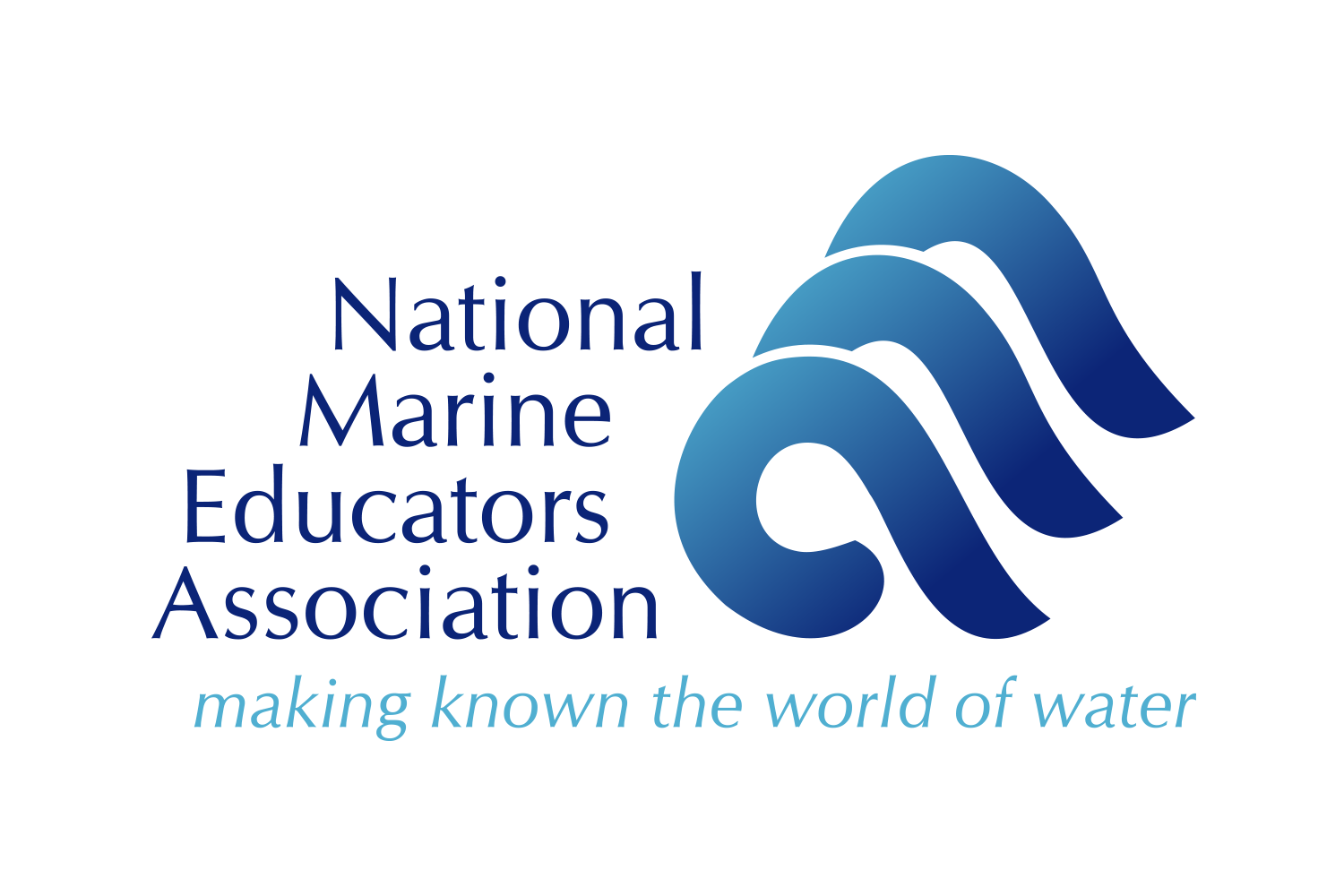2021 Stegner Lecture
The Connection Between Traditional Knowledge and Ocean Literacy
Traditional Ecological Knowledge (TEK) reflects a holistic approach to the mutual reciprocity practiced by Indigenous Nations with the interrelationships of natural systems. There are many lessons to learn as we approach Ocean Literacy and Great Lakes Literacy. Our Stegner speakers help us to explore efforts to ensure Traditional Ecological Knowledge continues to be a guiding approach for generations of today and the future.
Speakers
Aissa Yazzie, A Diné woman of the Oto tribe, Aissa was born and raised on a Navajo Reservation. Aissa believes she was put on this earth to protect what the Navajo people hold sacred - water. While an undergraduate student, she focused on Western scientific research in marine environments. In doing so, she had to leave her Indigenousness at the door. Over the last six years, she has developed a Diné research methodology based on an Indigenous research paradigm that centers on Indigenous worldviews, knowledge and realities. As a Native Environmental Science faculty member at Northwest Indian College, this methodology goes beyond conducting scientific research to application in many aspects of her life, including her course curriculum.
Charlie Kaaiai (retired) from the Western Pacific Fishery Management Council, Polynesian and Micronesian populations have place-based Traditional Ecological Knowledge and natural resource management practices that span thousands of years. Today, many indigenous US Pacific islanders, who traditionally pass TEK within the family, are willing and wanting to work with others to keep this knowledge and these practices alive. The teaching of Native and non-Native children to appreciate TEK and the associated cultural practices to foster a population of citizens that will support the integration of indigenous and modern natural resource management for the benefit of all the people. We are all dependent on healthy ecosystems.



